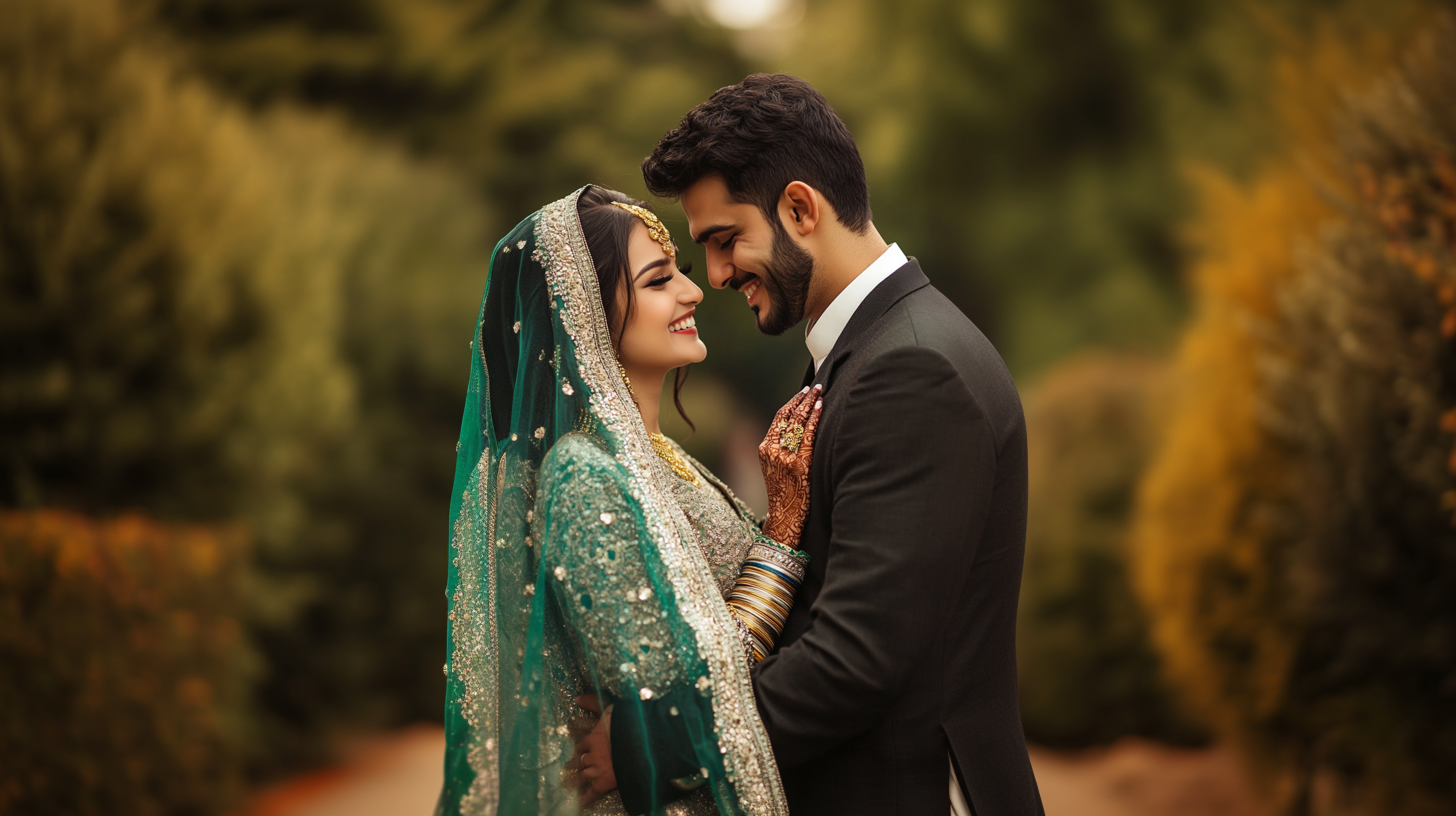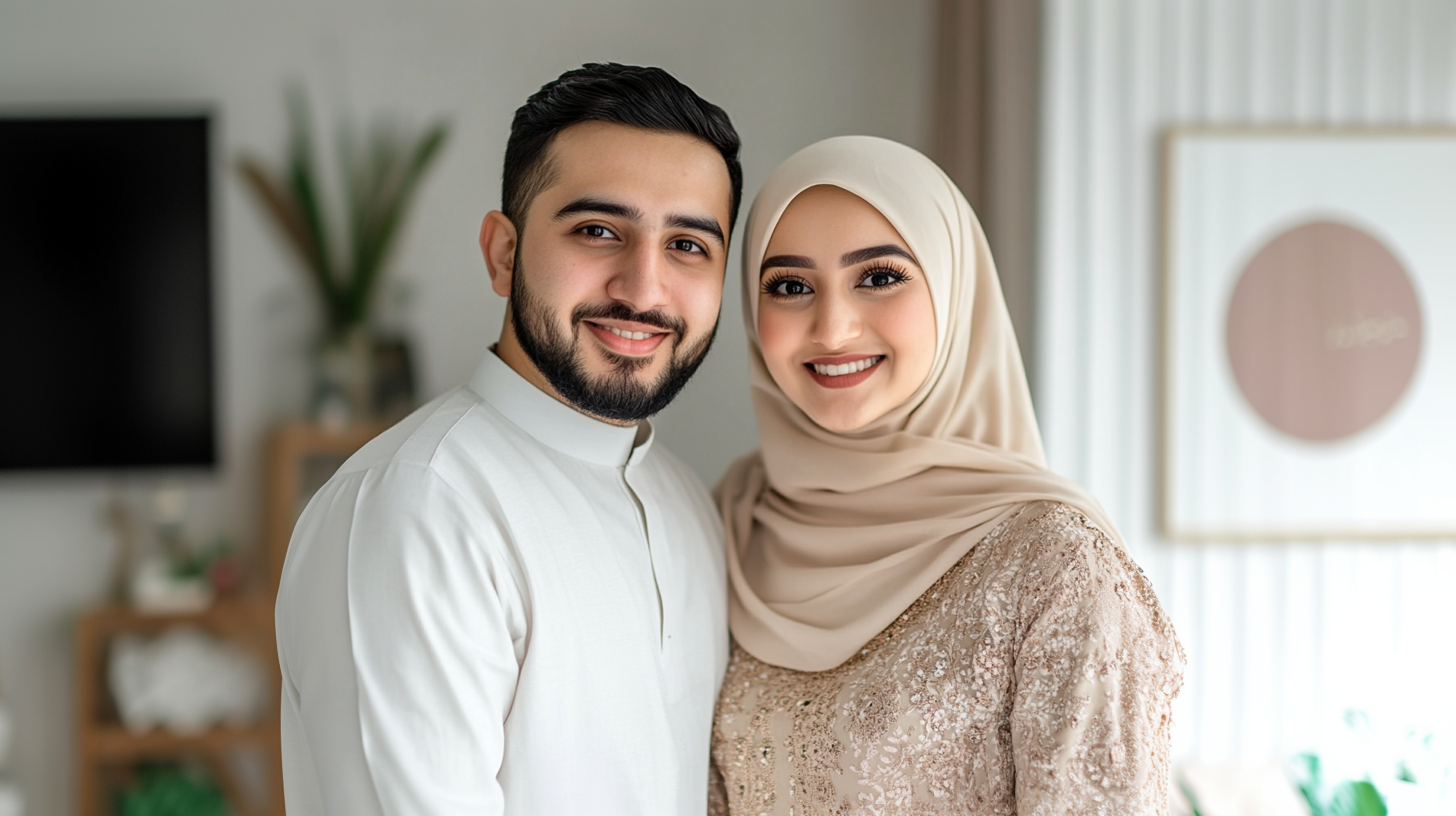Role of Wali in Marriage
The Role of the Wali in Islam In Islam, the role of the Wali (guardian) is essential in ensuring that the marriage process is conducted in a way that protects the rights and well-being of the woman. The Wali is a trusted figure who helps guide and support the woman throughout her journey to marriage, ensuring that her choice of spouse aligns with Islamic values and principles. Who is the Wali? The Wali is typically a male relative of the woman, often her father. However, if the father is unavailable(decreased) or unable to fulfill his duties, the responsibility of being the Wali passes to the next closest male relative. This can include the paternal grandfather, brother, uncle, or any other male relative who is considered a mahram (close family member). If no suitable male relative is available, the responsibility may fall to an Islamic judge (Qadi) or other righteous individuals in the community. The Primary Duties of the Wali The main duty of the Wali is to protect the woman’s rights and ensure she makes a well-informed decision regarding her marriage. This includes: Helping Choose a Suitable Husband: The Wali plays a key role in evaluating potential husbands. He makes sure that the man is a good match for the woman in terms of faith, character, and compatibility. The Wali ensures that the woman does not make an impulsive decision based solely on emotions or temporary attraction. Providing Guidance and Protection: The Wali offers wisdom and advice, helping the woman avoid unsuitable marriages or potential harm. This guidance ensures that the woman is entering a marriage that is beneficial for her both in this life and the Hereafter. Ensuring the Marriage Follows Islamic Principles: The Wali helps make sure that the marriage is conducted according to Islamic law. His presence ensures that both the bride and groom adhere to the rights and responsibilities established in Islam. The Importance of the Wali’s Consent In Islam, the Wali must give his consent for the marriage to be valid. This is a critical part of the marriage process, as the Wali is seen as the protector of the woman’s well-being. If the woman desires to marry someone but the Wali objects, the reason for his objection will be examined by an Islamic judge. Valid Objections: If the Wali has a legitimate and valid reason to object, such as concerns about the man’s character or suitability, the judge will uphold his objection. Invalid Objections: If the Wali refuses a suitable match without a valid reason, the woman has the right to appeal the decision. In such cases, the judge may grant the woman the right to marry the man of her choice. The Role of the Wali in the Nikah (Marriage Contract) The Wali also plays a vital role during the Nikah (marriage contract). He is often required to give his consent and may be asked to sign the marriage contract, indicating his approval. This is an important step in ensuring that the marriage is conducted with all the proper legal and spiritual requirements. Once the marriage is complete, the responsibility of providing for and protecting the woman transitions from the Wali to the husband. However, the Wali’s influence does not end here; his role in offering advice and guidance can still be valuable as the couple navigates married life. Protecting Women from Harm and Exploitation One of the most important reasons for having a Wali is to protect women from exploitation and harm. Unfortunately, in a world where there are many individuals with ill intentions, the Wali ensures that the woman is not taken advantage of. This protection is especially crucial as women may not always have all the information they need to make informed decisions about a potential spouse. The Wali steps in as a safeguard, ensuring that the woman’s rights are respected throughout the marriage process. The Wali’s Role in Preventing Impulsive Decisions Marriage is a serious commitment that requires patience, wisdom, and foresight. The Wali helps to prevent hasty, impulsive decisions that may lead to regret in the future. By helping the woman assess the character of the potential spouse and considering the long-term implications of the marriage, the Wali ensures that the decision is made thoughtfully and with care. The Wali’s Role in Modern Times Even in today’s world, where women are more educated and independent, the role of the Wali remains crucial. While modern society may sometimes question the relevance of traditional practices, the experiences shared by many women who have faced challenges in their marriages show the importance of having a trusted individual to guide them. Wisdom and Support: The Wali’s experience, wisdom, and understanding of marriage help women avoid making poor decisions. This support continues to be necessary in ensuring that marriages are based on more than just emotions, but also on sound judgment and mutual respect. Building a Strong Foundation: The Wali helps ensure that the foundation of a marriage is strong, rooted in compatibility, faith, and shared values. This foundation increases the chances of a successful and fulfilling marriage, minimizing the risk of future difficulties and regrets



